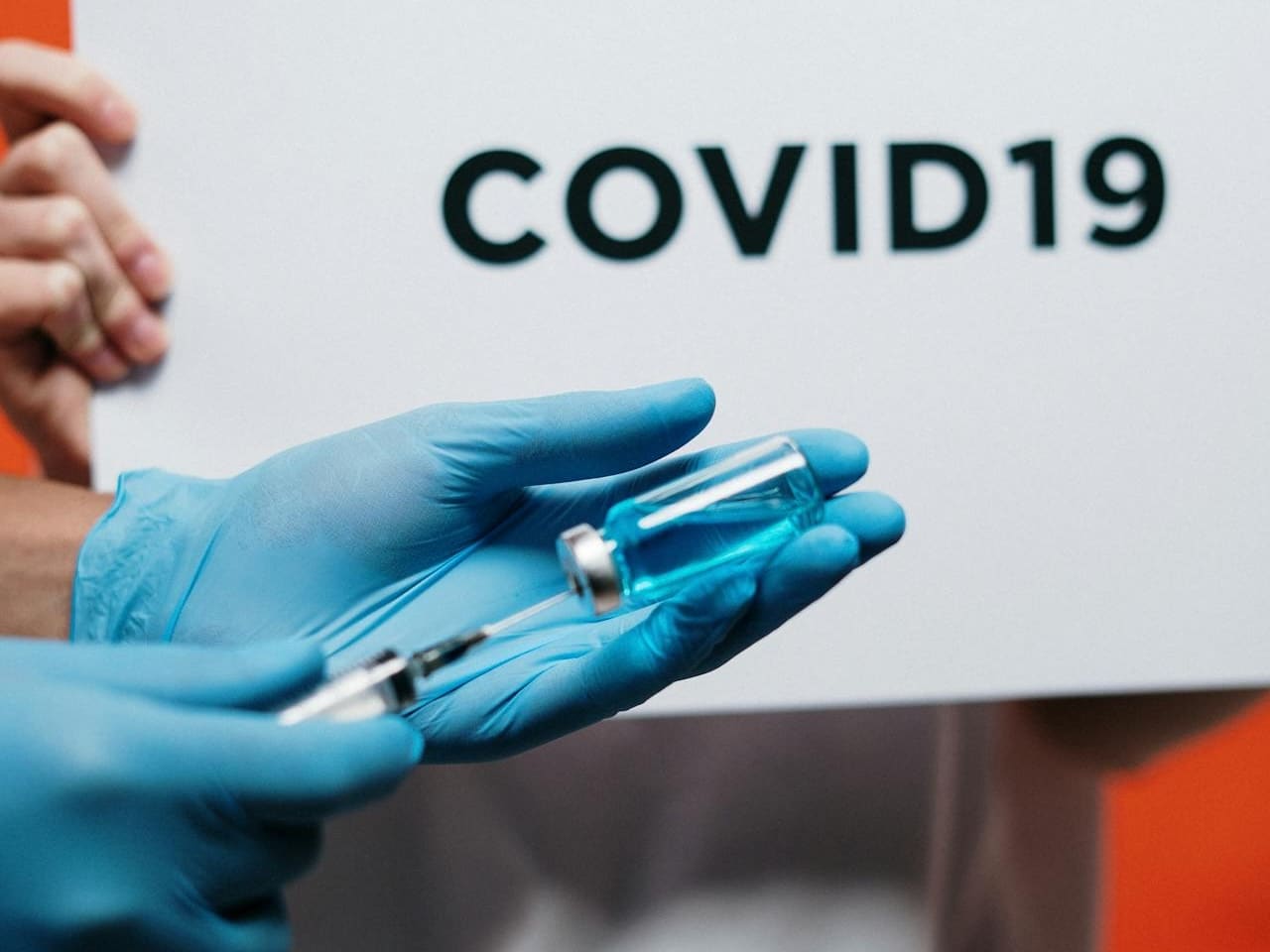German researchers studied a man who received more than 200 Covid-19 vaccines. They found out about his case through the press.
Until now, it was unclear what effects hypervaccination would have on the immune system. Some scientists assumed that immune cells would lose their effectiveness as they became accustomed to the antigens. However, this is not the case with the person in question: his immune system is fully functional and better than that of other people.
Certain immune cells and antibodies against SARS-CoV-2 are even present in significantly higher concentrations than in people who have only received three vaccinations. The results were published in the renowned medical journal The Lancet.
More than 60 million people in Germany have been vaccinated against SARS coronavirus 2, most of them several times. The man now being examined by researchers at the Friedrich-Alexander University Erlangen-Nuremberg (FAU) and the Erlangen University Hospital claims to have received 217 vaccinations for private reasons. There is official confirmation for 134 of these vaccinations.
“We found out about his case through press articles,” explains Dr. Kilian Schober. “Then we contacted him and invited him to Erlangen for several tests. “He was very interested in it.” Schober and his colleagues wanted to know what consequences such a hyper-vaccination would have. How does it change the immune response?
Hypervaccination and the immune system
Vaccines usually contain parts of the pathogen or some kind of blueprint that allows the vaccinated person’s cells to produce these pathogen components themselves. Thanks to these antigens, the immune system learns to recognize the real pathogen in the event of a subsequent infection. This way you can react faster and more forcefully. But what happens when the body’s immune system is exposed to a particular antigen too often?
“This can be the case with a chronic infection such as HIV or hepatitis B, which breaks out regularly,” explains Schober. “There is evidence that certain types of immune cells, so-called T cells, then become fatigued and therefore release fewer inflammatory messenger substances.” This and other effects that are triggered by the habituation of cells to antigens can weaken the immune system. The immune system is then no longer able to effectively fight the pathogen.
Blood samples from several years were examined
However, the current study, which also involved researchers from Munich and Vienna, provides no evidence that this is the case. “The person has undergone several blood tests in recent years,” explains Schober. “He gave us permission to evaluate the results of these analyses. Some of the samples were frozen and we were able to examine them ourselves. We were also able to take blood samples ourselves when the man received another vaccine at his own request during the study. “Using these samples, we were able to determine exactly how the immune system reacts to the vaccination.”
The results showed that the person has a large number of effector T cells against SARS-CoV-2. These act as soldiers of the body itself, fighting against the virus. The test person actually had more of these compared to the control group with three vaccinations. The researchers found no fatigue in these effector cells; they were just as effective as those in the control group that received the normal number of vaccines.
Memory T cells are another aspect that researchers have investigated. These are cells in a precursor stage before the effector cells. Similar to stem cells, these cells can supplement the number of corresponding effector cells. “The number of memory cells in our test case was just as high as in the control group,” explains Katharina Kocher, one of the lead authors of the study. “Overall, we found no evidence of a weaker immune response, quite the opposite.” In addition, the 217th vaccination that the man received during the study continued to have an effect: the number of antibodies against SARS-CoV-2 increased as a result clearly.
The immune system remains active against other pathogens
Other tests showed that there was no change in the effectiveness of the immune system against other pathogens. Therefore, it appears that hypervaccination did not damage the immune system as such. “In our test case, vaccination was carried out with a total of eight different vaccines, including various available mRNA vaccines,” explained Dr. Kilian Schober. “The observation that despite this extraordinary hypervaccination no significant side effects were caused indicates that the medication is well tolerated.”
However, this is an isolated case. The results are not sufficient to draw any far-reaching conclusions, let alone recommendations for the general public. “Current research suggests that a three-dose vaccination, along with regular booster vaccinations, remains the preferred approach for vulnerable groups. “There is no indication that more vaccines are needed.”
REFERENCE
Adaptive immune responses are greater and functionally preserved in a hypervaccinated individual

